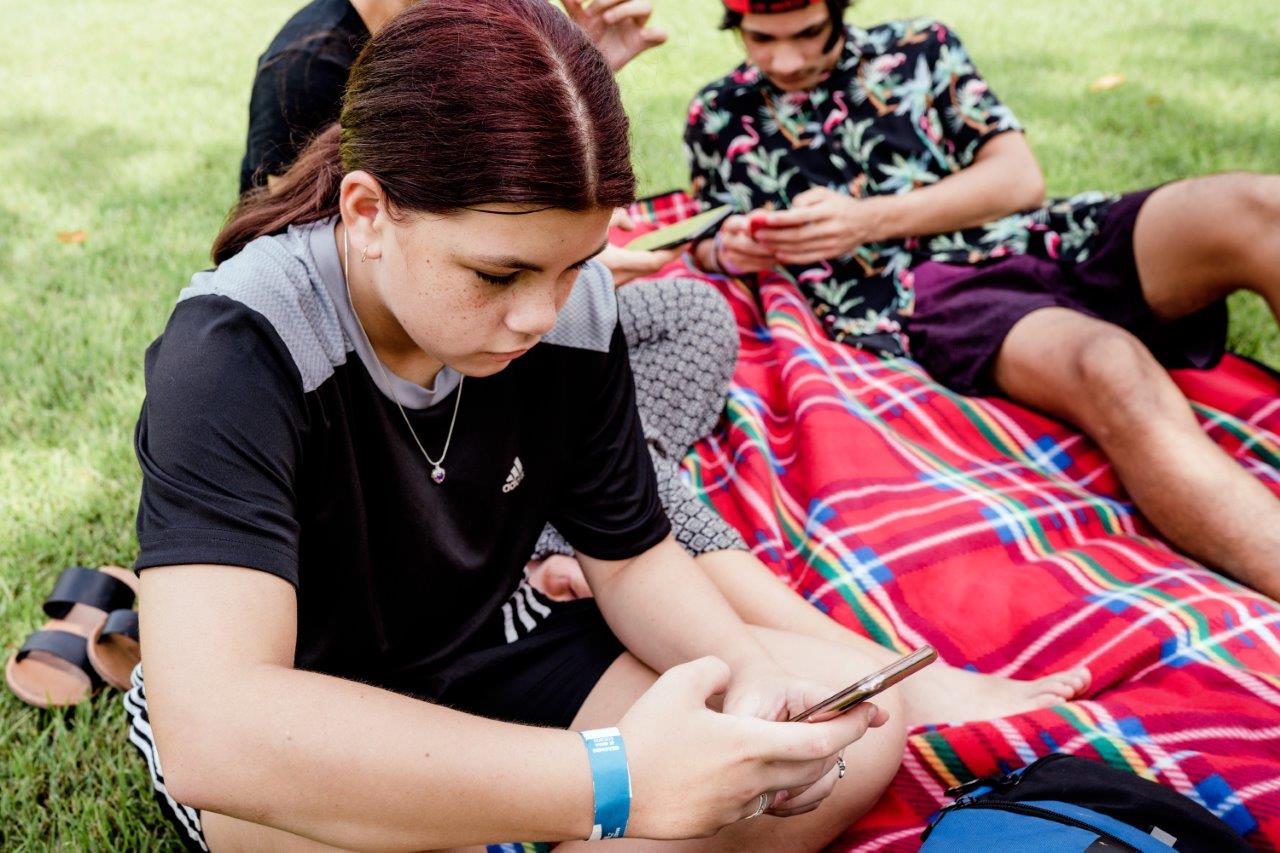Trolling is when someone baits people into having pointless, time-consuming and often aggressive online discussions. It’s not OK, and if you experience it, it can be really upsetting.
The good news is, if you’re being trolled, there are things you can do and ways you can get support. You don’t have to go through this alone.
The difference between trolling and cyberbullying
Because trolling happens online, a lot of people see it as a form of cyberbullying. But there are differences between trolling and cyberbullying.

Trolling
People who troll want to start arguments and stir up trouble. They do this by posting comments or saying negative things to deliberately upset people.
People who troll don’t necessarily target one person. They will often say controversial things to get a reaction, and they don’t really have a purpose beyond getting this reaction.
On social media and forums, trolling can be used to derail entire conversations so that people aren’t able to have meaningful discussions.
Cyberbullying
Cyberbullying is an online form of abuse, targeting a specific person. The intent of someone who cyberbullies is to cause social, psychological or even physical harm or intimidation. For example, they might continually post negative comments about you, share embarrassing photos or videos, call you names, or exclude you from group chats.
What are the possible effects of being trolled?
Online trolling can be really upsetting. You may see comments or language that insults you personally, people you know, or that you don’t agree with. This can cause you to experience feelings of:
- frustration
- anger
- hurt
- distress.
What may seem like fun and games to people who troll, can have a big negative impact on people’s lives. Comments made as a joke or just to get a reaction can cause us emotional distress.
Why do people troll?
Anyone can become a troll under certain circumstances – even you or your friends. Being in a bad mood, responding to troll posts with other troll posts and feeling anonymous, can all impact how we act in online discussions.
People who troll don’t usually target specific people. While their comments can make you angry or upset, they’re not typically out to hurt you for personal reasons.
Some people find amusement in trolling, and for them, it’s funny to upset other people. The more attention their negative comments get, the more exciting it can be for them. But they might not understand the impact their negative posts can have on the people they troll. Because they can be somewhat anonymous online, people often say things they wouldn’t usually say face-to-face.
What can you do if you’re being trolled?
Trolling can take its toll on anyone. Constant exposure to negative content can leave us feeling exhausted, angry or distressed. That’s why it’s so important to practise self-care.
If you’re being trolled, talking to someone can help you feel supported. Reach out to a trusted adult, a friend, a teacher, a mentor, or an Elder and let them know what's going on for you.
People who troll want a reaction. They want you to get upset and keep on replying to their messages. They want you to tag your friends and pull other people into it, too. Often, by not responding they’ll get bored and move on.
Social media sites give you the option to block and report content that is offensive, or you can block the individual. If you do this to a troll, the site may notice that they’re posting nasty stuff and block their access so they can’t post anymore.
Take a screenshot before you report, block or delete it. You might be tempted to just ignore it, but it’s a good idea to screenshot the evidence in case you want to report it later.
If you feel yourself getting upset over something you’ve seen online, consider taking a break from the internet. Log out of your social accounts and stay offline for a few days. Do things you enjoy and catch up with your family or friends. This will give you a break, and hopefully lead to the troll stopping when they don’t get a response.
What can you do to prevent your own trolling behaviour?
Here are some simple tips to keep in mind to ensure you avoid being a troll.
1. Check your mood
Consider your mental state and mood before you post something. If you’re feeling angry or upset, your post may not come across the way you want it to.
2. Post as if the whole world is watching
Remember, anyone might see your post. If it has the potential to offend people (even people you don’t know), reconsider whether you should be posting it.
3. Use constructive language only
Try to be positive and build people up when you comment and post online.
4. Put yourself in someone else’s shoes
Think about how you would feel if you were the one reading your post, and consider if it could sound threatening or aggressive in any way.
5. Think twice before you post
Do you need to post this comment? Take a deep breath and think about it before you hit send.
How do I get professional support if I’m being trolled?
If you are being trolled, professional support is available:
- Use an online or phone-based service like eheadspace, Kids Helpline or Lifeline. You can access these anonymously and free of charge.
- Reach out to your local headspace centre to chat to one of our clinicians.
Other useful websites:
- eSafety Commissioner - Trolling and keeping safe online
- ReachOut - How to spot a troll
The headspace Clinical Reference Group oversee and approve clinical resources made available on this website.
Last reviewed 4 August 2022
Get professional support
If you feel you need help there are a range of ways we can support you.

